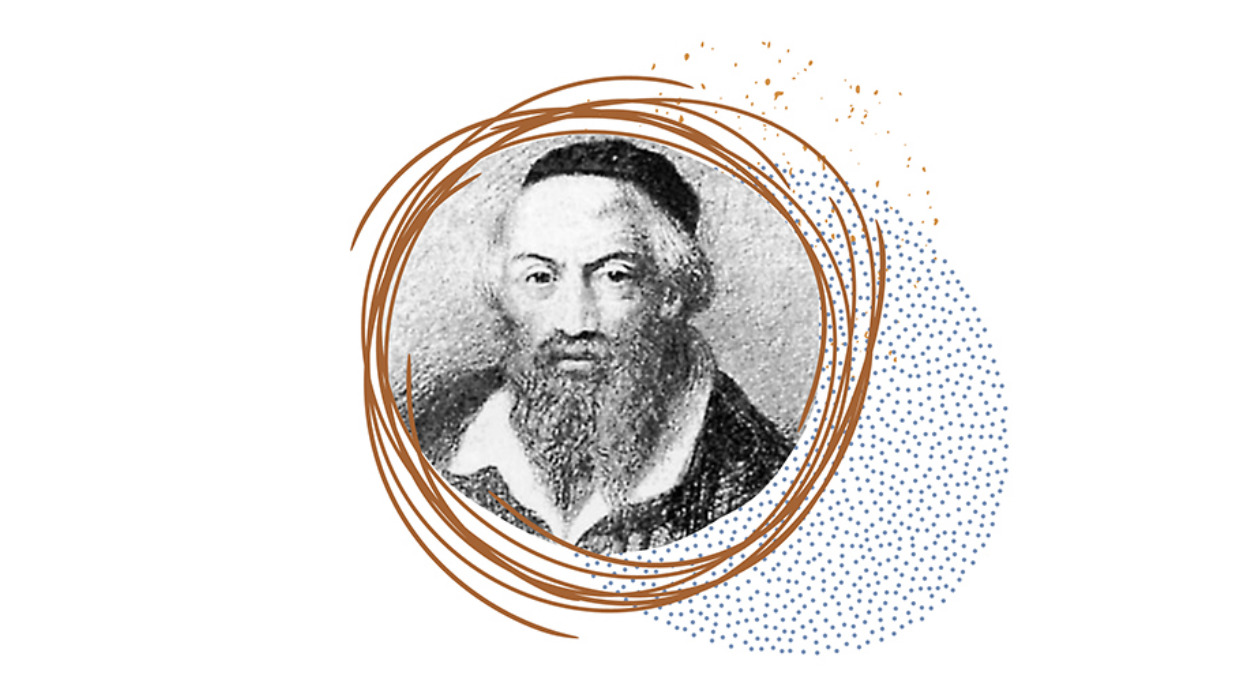 Vampire Weekend's Surprising Jewish Stories
Vampire Weekend's Surprising Jewish Stories


4 min read
3 min read
4 min read
2 min read
Who was Rabbi Moshe Isserles?
View this post on Instagram
On Feb. 22, 1525, Rabbi Moses Isserles was born.
Known as the Rama, Rabbi Moshe ben Israel Isserles was born in Kraków, Poland. His great-grandfather was the first Rabbi of Brisk and his father, Israel ben Joseph, was a well-known and wealthy Talmudic scholar who headed the Jewish community of Kraków at the time. He began his studies in Kraków under his father and his uncle, Moses Heigerlich, and then studied in Lublin under Rabbi Shalom Shakhna, the city’s Rabbi.
The Rama studied under Rabbi Shakhna until he was 19 and was appointed as the Rabbi of Kraków at the age of 20. Quickly recognized as an outstanding scholar and authority figure of Jewish law, Rabbi Isserles was appointed as a member of the beit din (Jewish court) of Kraków in 1550.
He married Rabbi Shakhna’s daughter, who passed away when she was 20 years old. In her memory, he and his father built the Isserles Synagogue -- later referred to as the “Rama Synagogue” -- in Kraków. After her death, Rabbi Isserles married the sister of famous Talmudic scholar Rabbi Joseph ben Mordechai Gershon. They had several children together, one of whom became a Rabbi.
Because of his interest in secular subjects, Rabbi Isserles’ writings can be divided into two categories: halakhic works and philosophic, mystical, scientific works. One of his first works, Darkhei Moshe, was commentary on the Tur by Jacob ben Asher and Beit Yosef, Joseph Karo’s commentary on ben Asher’s writing. These notes on the Tur served as the foundation of one of Rabbi Isserles’ most famous works, his commentary on the Shulchan Aruch, The Code of Jewish Law, by Joseph Karo.
His commentary on Karo’s Sephardic code of Jewish law brought attention to the differences in Ashkenazi and Sephardic customs. His other works include a legal guidebook on kashrut laws, a commentary on the Book of Esther, and many more works on philosophy, Kabbalah, and law.
